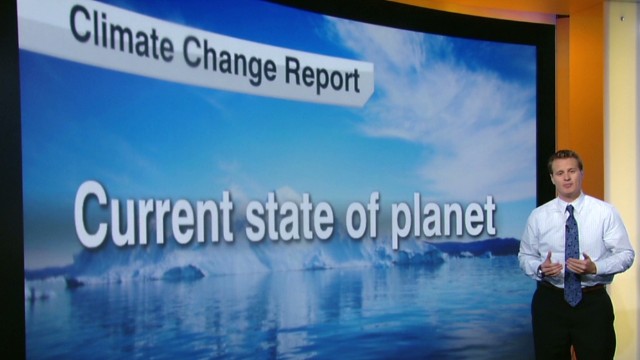We need common sense on climate change
< < Go Back
 The public increasingly faces a shell game with climate science information.
The public increasingly faces a shell game with climate science information.
Every four to six years, the Intergovernmental Panel on Climate Change assesses and reviews the most recent science, technology and societal impacts related to climate change. Created in 1988 by the United Nations and the World Meteorological Organization, the IPCC will begin the roll out of its fifth assessment report this week.
For me, the hat with the ball from the IPCC report is that it continues to affirm that our planet is warming, and humans are a significant contributor to the warming.
Andrew Dessler, professor and author of “Introduction to Modern Climate Change,” noted in a recent phone conversation the remarkable consistency in the main conclusions of every previous IPCC report.
Extreme weather and climate directly affect many aspects of society, including public health, agriculture and national security. Navy Adm. Samuel Locklear, commander of the U.S. Pacific Command, has noted that climate change is the biggest new threat to Pacific security.
Many recent discussions have focused on “uncertainty.” Yes, topics of uncertainty exist in climate science as in any science, but this does not render the science unusable. Most readers would take an umbrella or expect rain if the weather forecast called for a 95% or greater chance of rain. How silly would it sound to say, “Don’t bother getting an umbrella because there is 5% uncertainty in that forecast”?
Good science inherently involves skepticism. However, regardless of the side of an issue, if the skepticism is always one-directional, is it skepticism or bias?
Recently, the IPCC has been criticized for being too slow or too big. This is a fair discussion to have, but it shouldn’t distract us from the findings in the latest report.
Science requires time to sort out the truth from fiction, for theories to be tested or challenged.
As I write this commentary, I am watching football highlights. I debate football vigorously with my friends, but we always walk away friends. Irrespective of viewpoint, calling people “deniers” or “warmists” is counterproductive and inflammatory. There are deep-rooted feelings that have created zealotry, and at times, all sides have crossed lines of civility. I am proud to say that I enjoy very solid collegial and personal relationships with people who I sometimes disagree with on climate science.
On the eve of the IPCC’s fifth assessment report, I still have faith in the scientific method, the common sense and keen eye of people, and human courtesy.
More From CNN:



